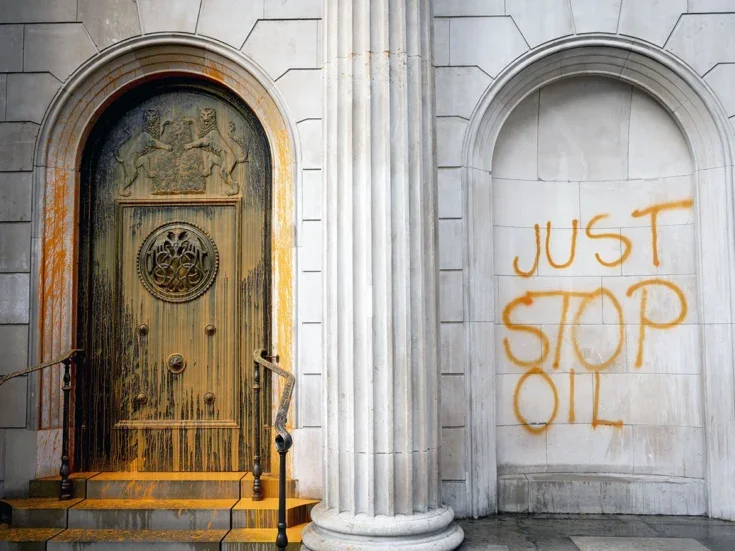In the context of the US government bailing out Wall Street and the election of Barack Obama as president, a significant drop in the programme’s ratings suggested that audiences were no longer so enamoured of hearing about the antics of the super-rich.
Last November the US broadcasting network ABC decided to drop the television series Dirty Sexy Money, about the dysfunctional and disreputable Darling clan, supposedly the richest family in New York, a couple of weeks into its second season.
In the context of the US government bailing out Wall Street and the election of Barack Obama as president, a significant drop in the programme’s ratings suggested that audiences were no longer so enamoured of hearing about the antics of the super-rich.
No one could now bear to watch Really Rich Real Estate, a cancelled American reality show about high-end real estate salesmen in LA, without a sense of irony and a substantial helping of schadenfreude.
In a similar vein, a writer who pitched HBO with a proposal for a series about New York hedgies, along the lines of the retro-chic Madison Avenue drama Mad Men, has so far met with an unenthusiastic response. It is too early to say whether its time may eventually come.
In one instance after another, hedge-fund managers have lately been shown to have feet of clay. The successful ones, the John Paulsons and Crispin Odeys, have been few and far between, and have anyway been excoriated by the tabloids as speculators.
In seeking alpha, the term that encapsulates the glory of their mission to achieve a smooth absolute return, hedgies have portrayed themselves as embodiments of pure financial reason. Our greed-obsessed culture in turn has elevated them to the status of icons.
There will now ensue a period of reassessment in which the hedgies, if they are sensible, will wish to seek a lower and less self-congratulatory profile. In a feature for this edition William Cash blames the media for fuelling ‘the myth that the financial classes, in particular the hedge-fund brigade, are secretive Wizards of Oz whose superior brains and intelligence allowed them to strut their egos on the global stage as the new Masters of the Universe, those who raised entitlement to an art form’.
The term ‘Master of the Universe’ was popularised by Tom Wolfe in The Bonfire of the Vanities, his satirical novel about the prototype of modern financial entitlement. To date there has been no novel, satirical or otherwise, with a hedge-fund manager as its protagonist.
Surely this represents a worthy challenge for an enterprising social commentator.






